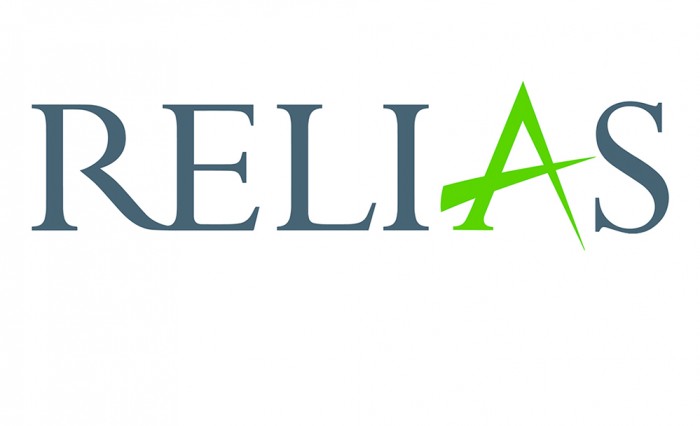Federal Telehealth Updates Announced
SAMHSA Confirms New CCBHC Criteria Requirements

RCPA 2023 Capitol Day and Rally Information
RCPA will be hosting our 2023 Capitol Day on Monday, April 24. During the day, RCPA will hold a press conference and rally on the steps of the Capitol outside the Main Rotunda between 12:30 pm – 1:30 pm. Invited representatives for the press conference include Rep. Dan Miller, Rep. Mike Schlossberg, Rep. Donna Oberlander, Rep. Bridget Kosierowski, Rep. Doyle Heffley, and Rep Stephen Kinsey. Those invited will speak alongside Richard S. Edley, President and CEO of RCPA, and RCPA Policy Directors. If you have not registered for this event, please register here.
RCPA requests members schedule appointments with their Senate and House legislators to discuss the state budget, legislation, and regulations. Members may access the following documents to be used in their meetings with their representatives:
- RCPA Legislative and Administrative Priorities
- Early Intervention Position Paper
- ID/A Downsizing Infographics
- ID/A Workforce Compensation Survey
- ProVantaCare Community HealthChoices RFI Response
- RCPA Brain Injury Service Landscape Infographic
- RCPA Community HealthChoices RFI Response
- RCPA Mental Health Fact Sheet
- RCPA Value-Based Purchasing Survey Brief
Copies of materials will also be available at the Capitol Rally.
Members can visit the Pennsylvania Capitol website to find parking information and maps. If you have questions regarding our 2023 Capitol Day, please contact Jack Phillips.
We look forward to seeing you on April 24!
CMS Call Regarding End of COVID-19 PHE Scheduled for April 25

The Centers for Medicare and Medicaid Services (CMS) will be hosting an informational National Office Hours call on April 25, 2023, at 3:30 pm. The call will focus on the ending of the COVID-19 Public Health Emergency (PHE) that will take place on May 11, 2023, and will help providers, facilities, and people with Medicare prepare. CMS leaders and expert staff will present an overview of the effects of the PHE’s ending on the current waivers and flexibilities and then answer questions.
In preparation for this webinar, CMS encourages participants to review the following resources to determine what questions remain that will support your efforts after the end of the PHE:
- What Do I Need to Know? CMS Waivers, Flexibilities, and the Transition Forward from the COVID-19 Public Health Emergency;
- The Current Emergencies web page; and
- The Coronavirus Waivers and Flexibilities web pages.
Speakers:
- CMS Leaders from the Office of the Administrator, Center for Medicare, and Center for Clinical Standards and Quality
- CMS Subject Matter Experts on Medicare policy and PHE-related waivers and flexibilities
RSVP — Register Here
After registering, a confirmation email will be sent containing information about joining the call. When you select the link to join the call on April 25, you will see a message stating that the host will allow you to join the event momentarily. Please continue to wait at that screen until the CMS team opens the call and admits everyone.
RCPA Member Woods Services Joins Effort to Open BH Care Center for Individuals With IDD
Cumberland County Facing Mental Health Budget Cuts While Waitlists Are Already Years Long
The Reemergence of Psychedelics: Implications for BH Treatment — Relias Webinar on April 26
Reminder for Integration of BH and PH Services in PA: A Legislative View — April 28
RCPA 2023 Capitol Day: We Need Your Support!
RCPA will be hosting our 2023 Capitol Day on Monday, April 24. During the day, RCPA will have a press conference and rally on the steps of the Capitol outside the Main Rotunda between 12:30 pm – 1:30 pm. We need your attendance, as well as that of staff and individuals/families you serve who are impacted by funding restraints, in order to show legislators, the administration, and any press in attendance that these issues — and these individuals — matter. We are also requesting that members schedule appointments with their Senate and House legislators to discuss the state budget, legislation, and regulations. Register for Capitol Day press conference/rally here.
In order to assist in your preparations for the day, you can view the updated RCPA Legislative and Administrative Priorities. Members can also visit the Pennsylvania Capitol website to find parking information and maps. If you have questions regarding our 2023 Capitol Day, please contact Jack Phillips.
We look forward to seeing you on April 24!















